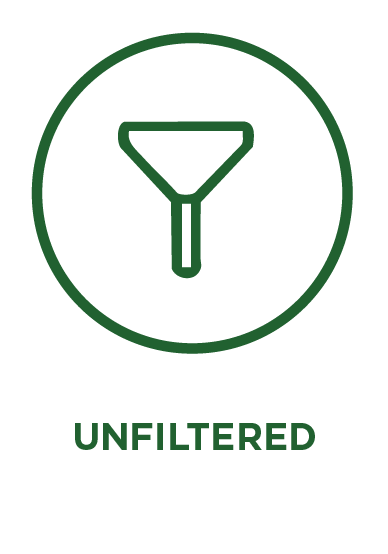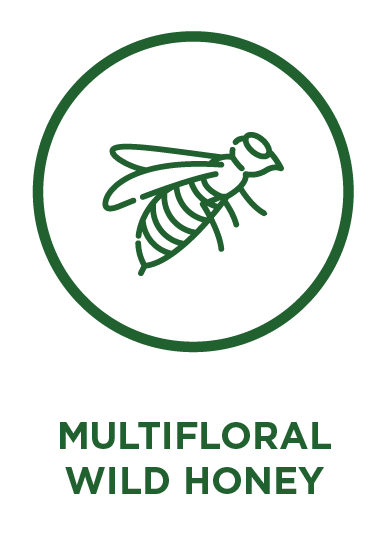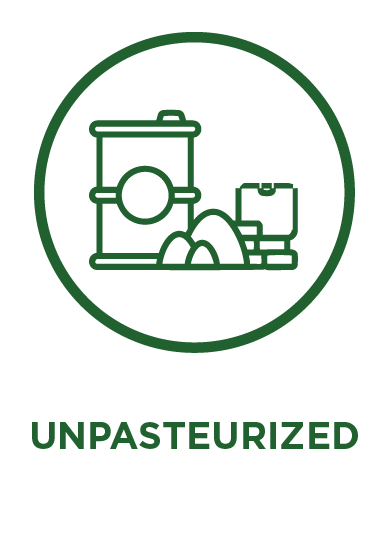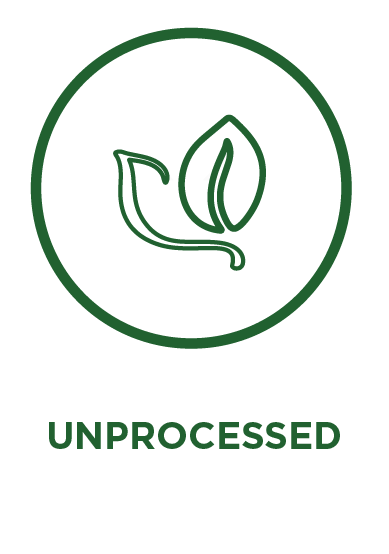Forest Honey I Multifloral
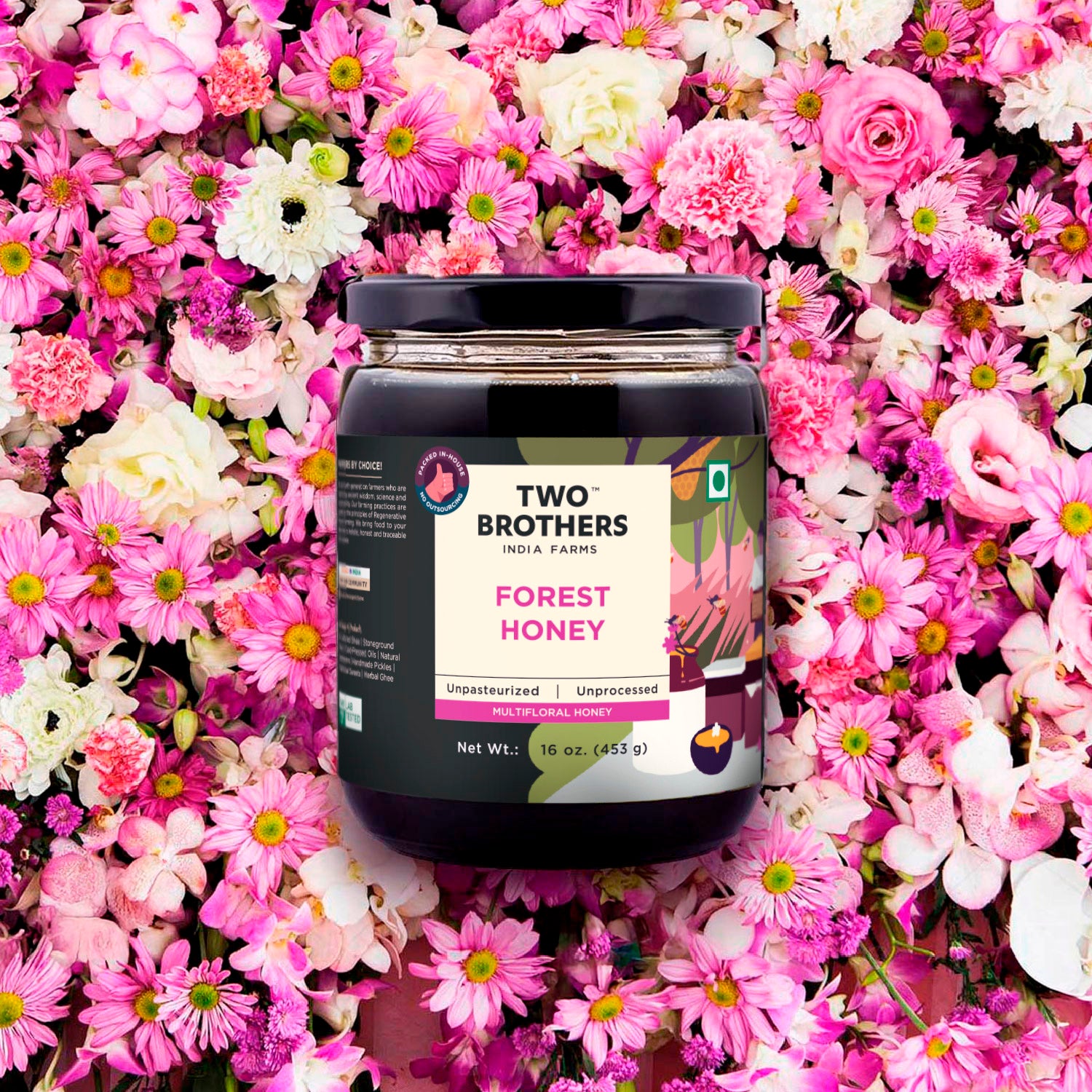
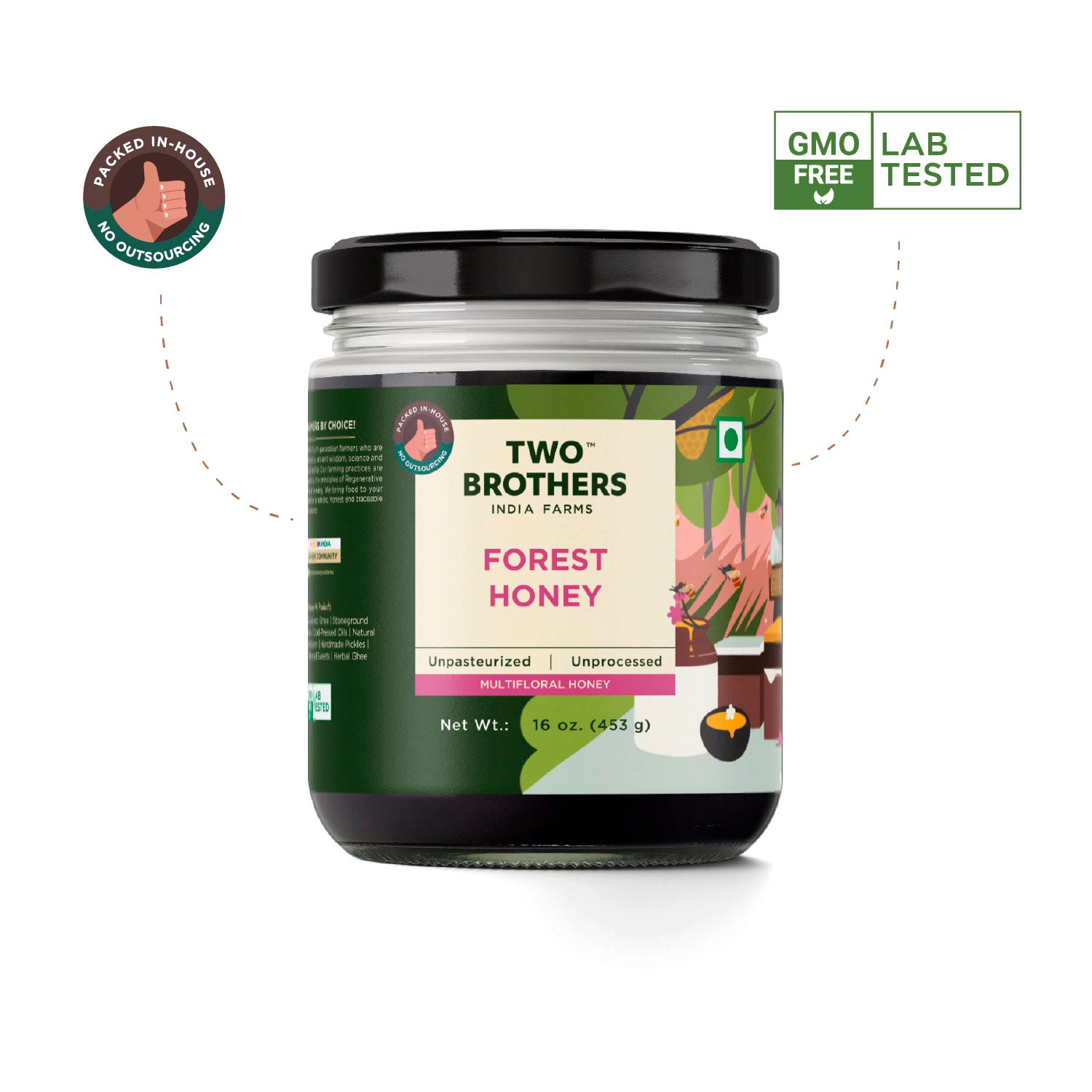
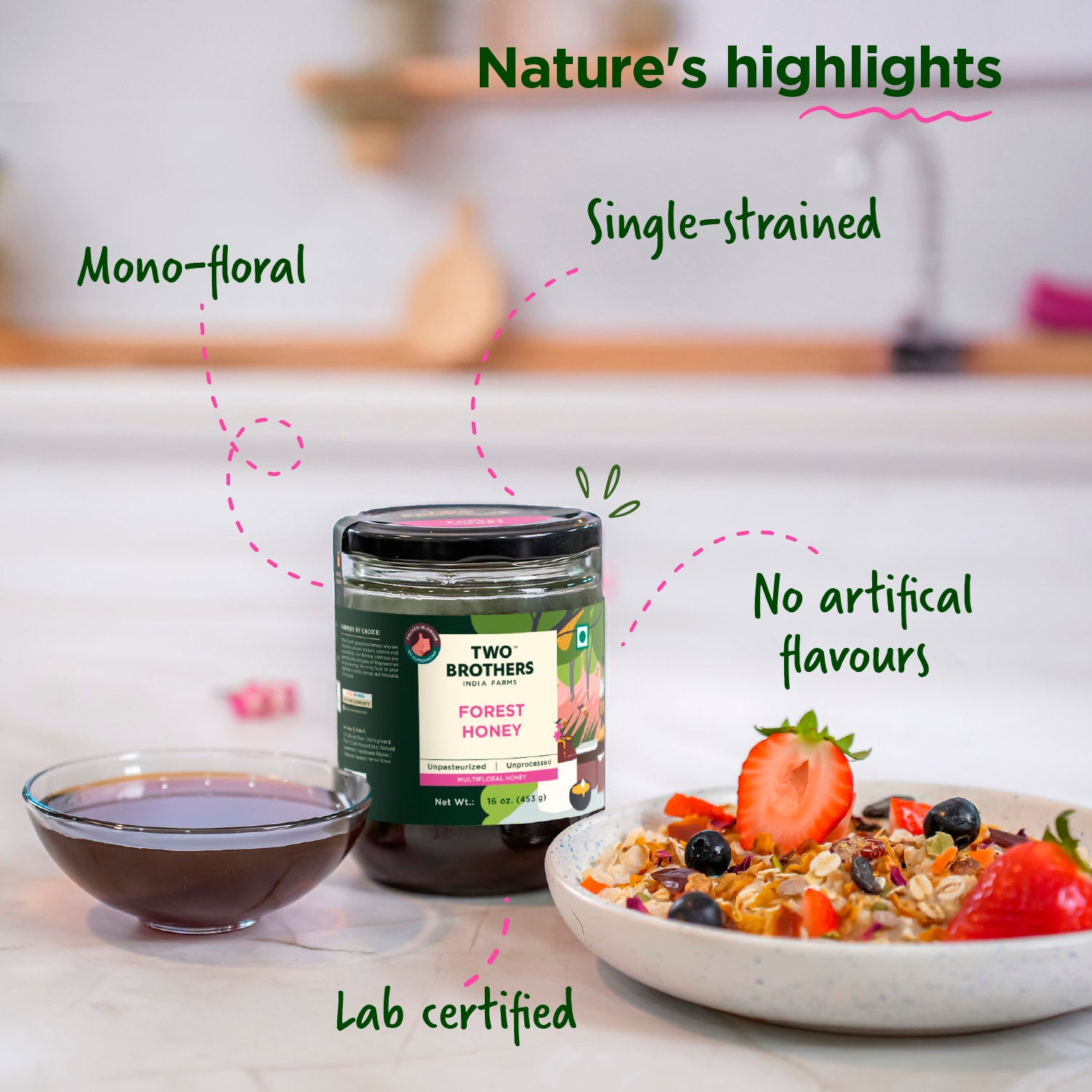


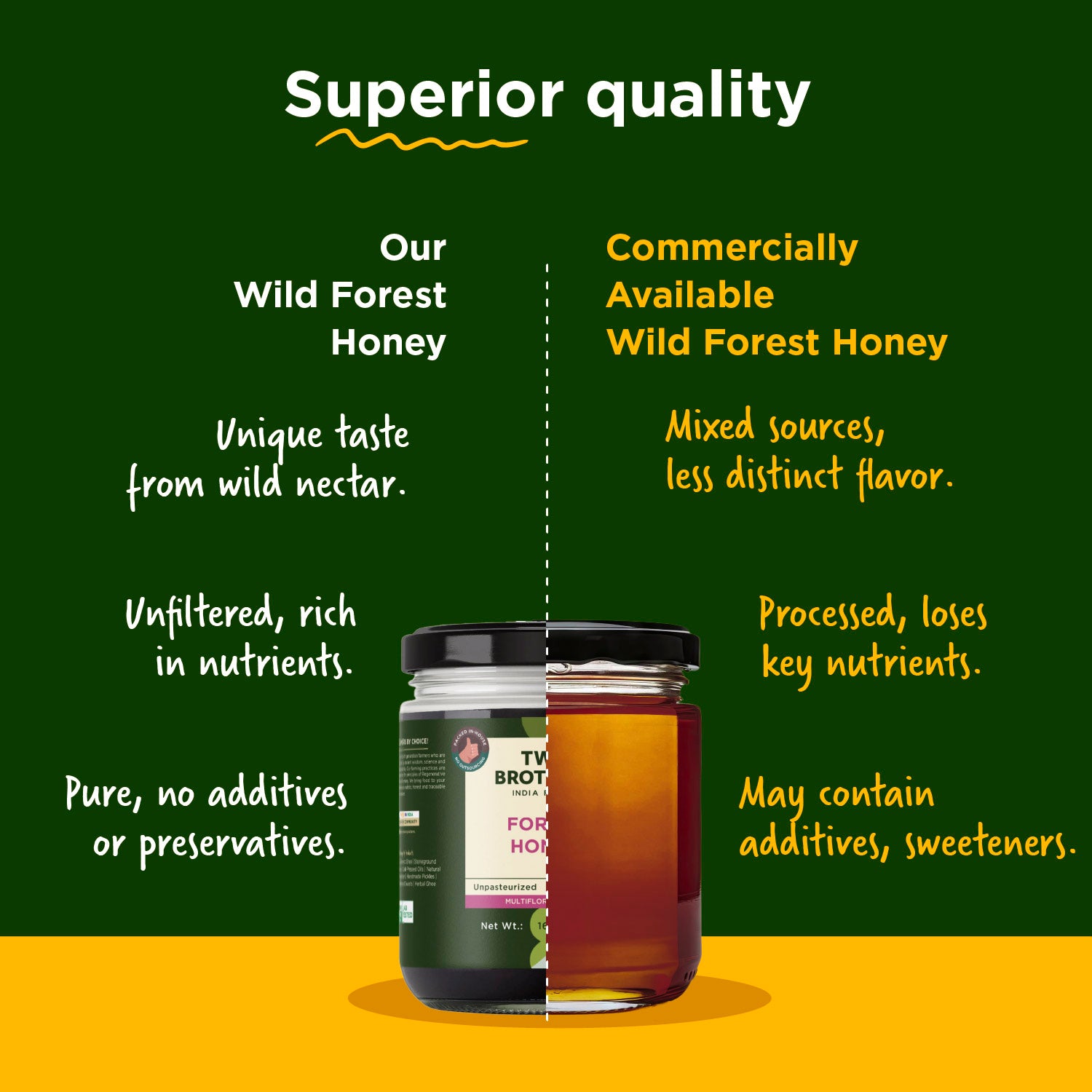

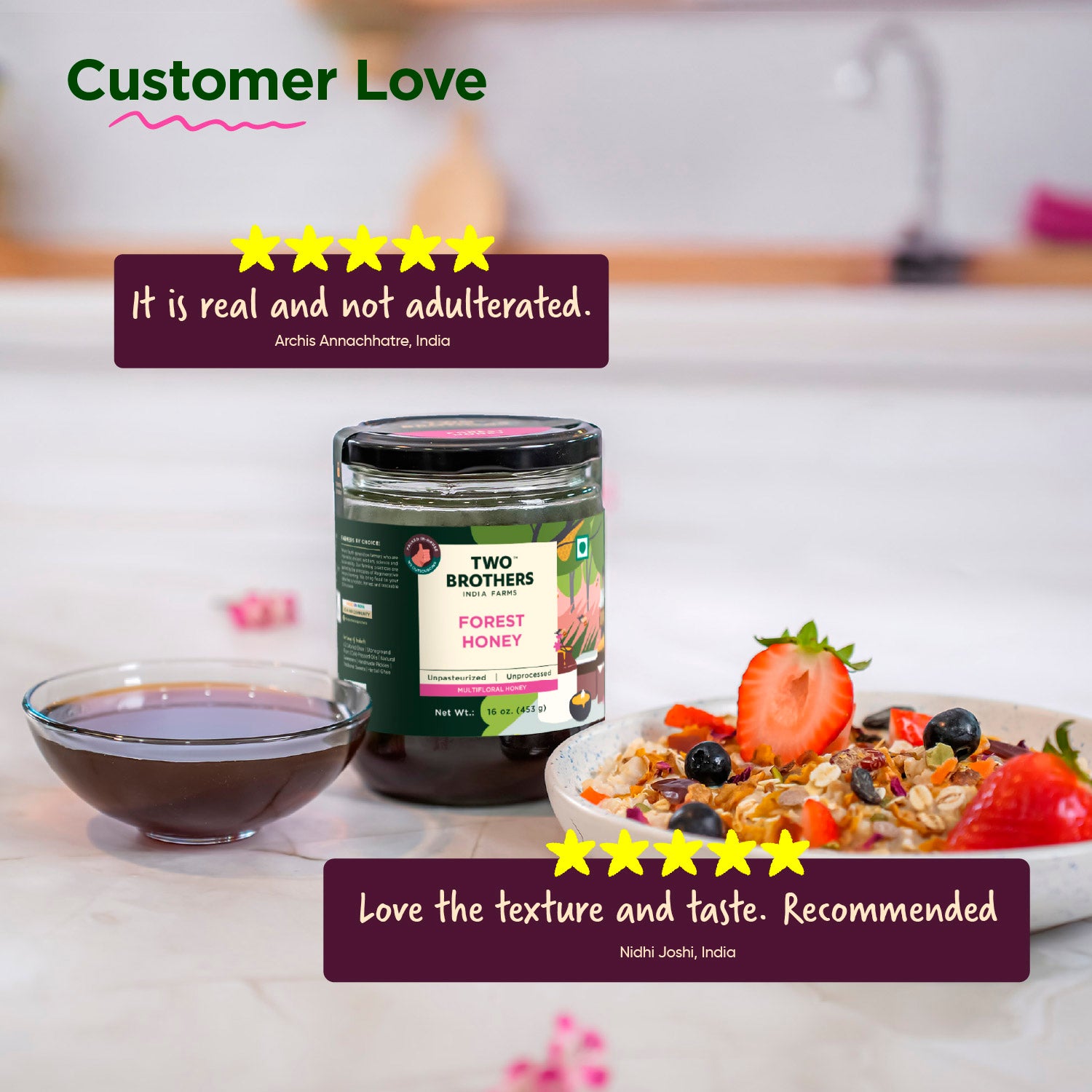
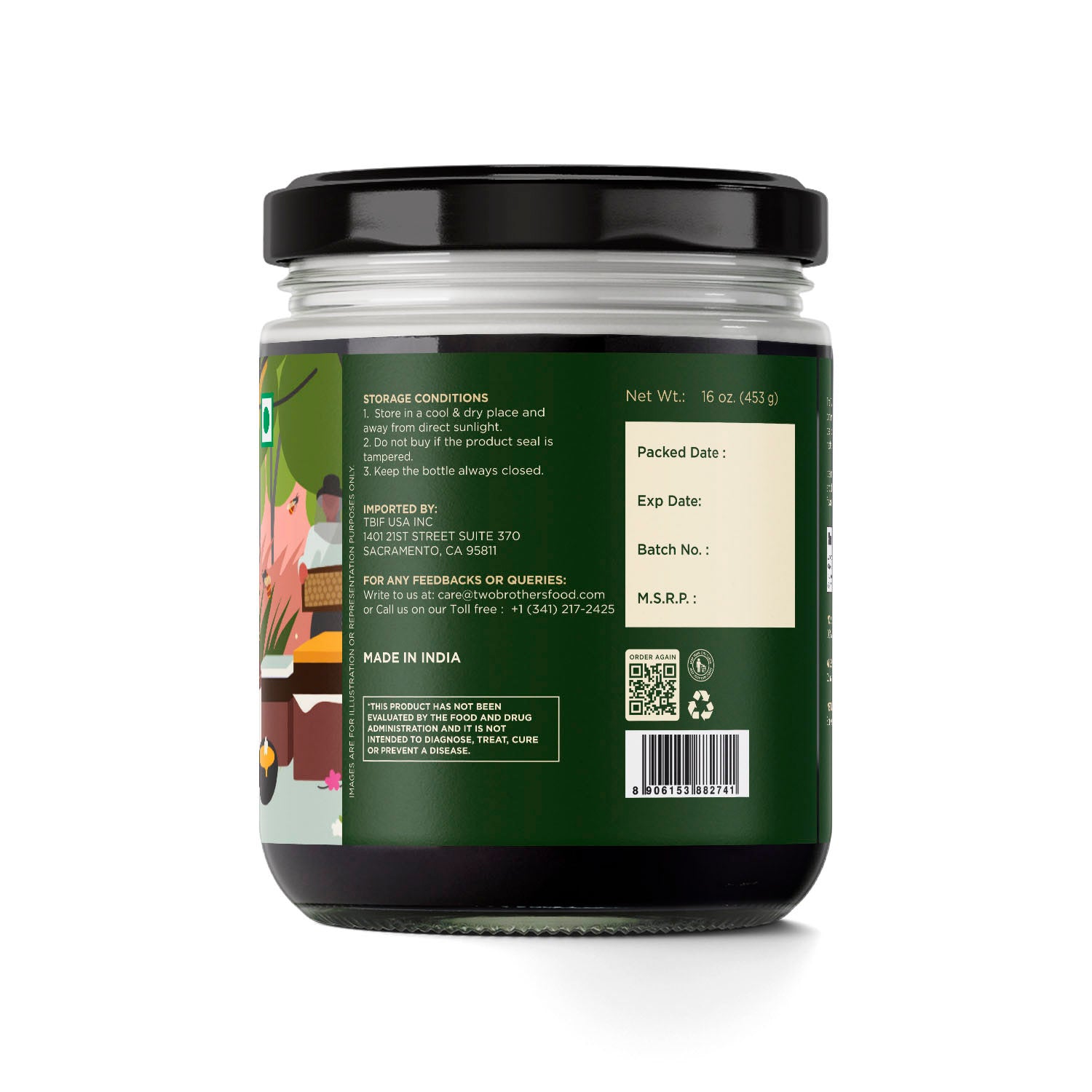
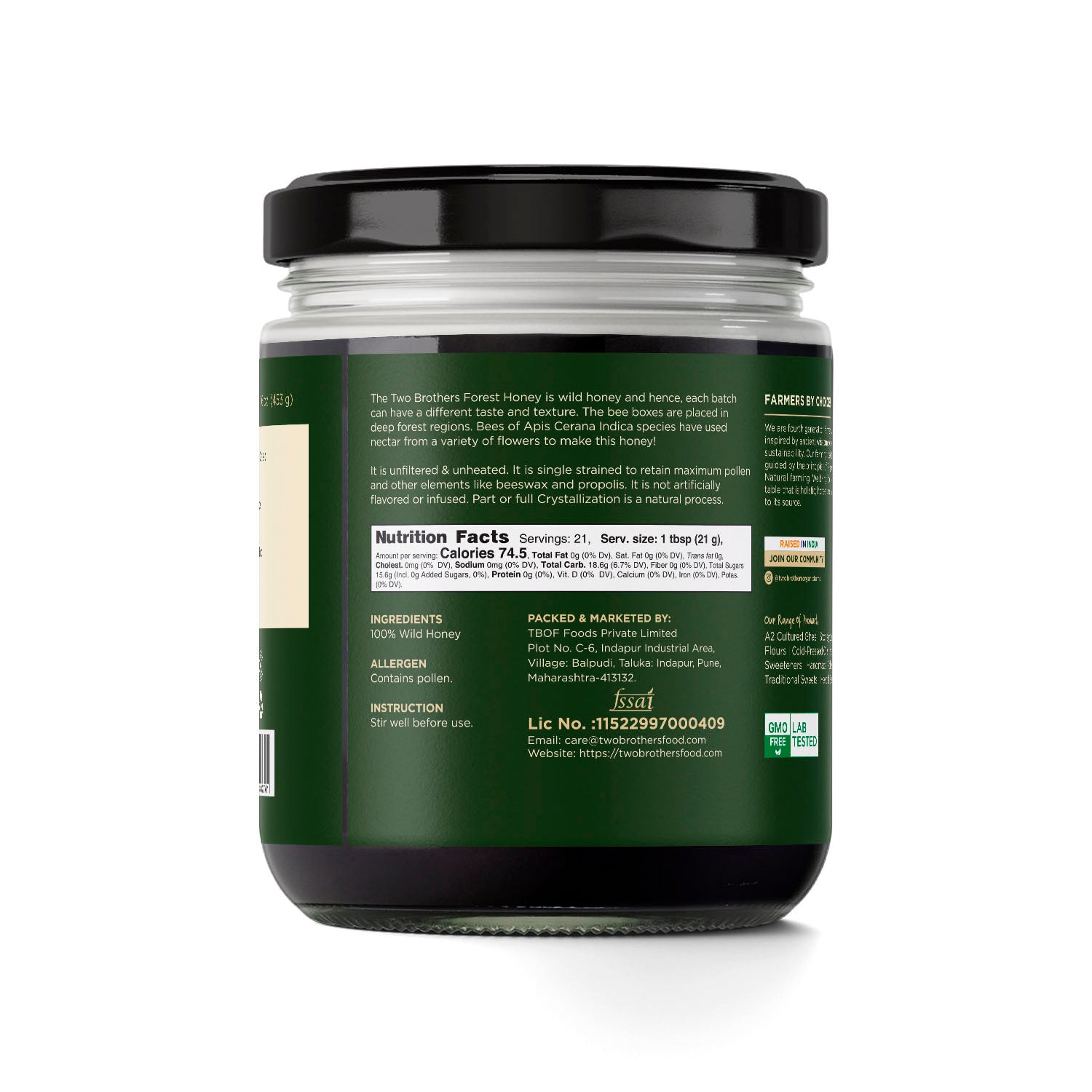
Forest Honey I Multifloral


Free shipping
above USD 99
Secure
Payments
Farmers
Empowerment
Easy Help
& Support
Choose options
Description
Ever wondered what pure, wild nature tastes like? Our Forest Honey brings you just that! Harvested from deep forest regions by bees of the Apis Cerana Indica species, each batch brings a unique flavor and texture, shaped by the wild variety of flowers they visit.
This honey is unfiltered and single-strained, keeping all its natural goodness intact, from pollen to beeswax and propolis. Further, free from artificial infusions, it’s as close as you can get to the heart of the forest in every spoonful.
So, whether drizzled over your morning toast or stirred into your favorite drink, our Forest Honey offers a taste of nature’s purity that brings you closer to the wild,no matter how far your heart (home) is.
It is best before 12 months from the date of packaging.
Ingredients
Usage Info




